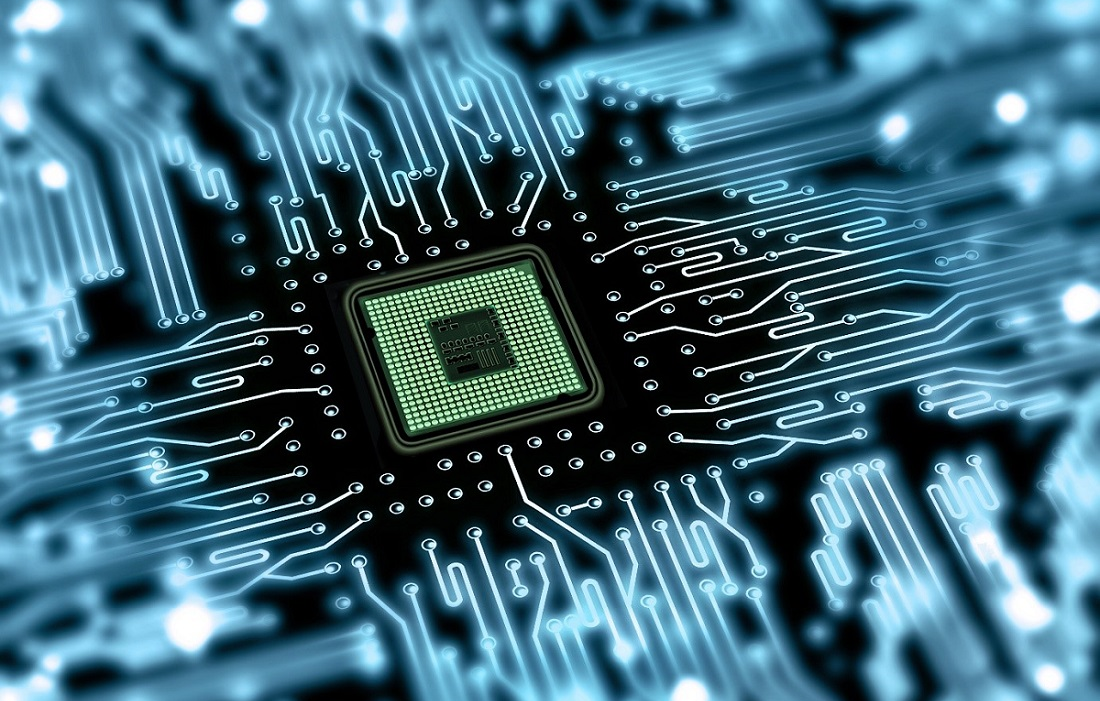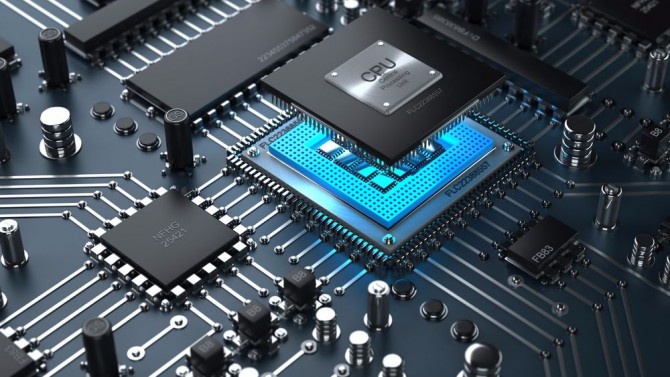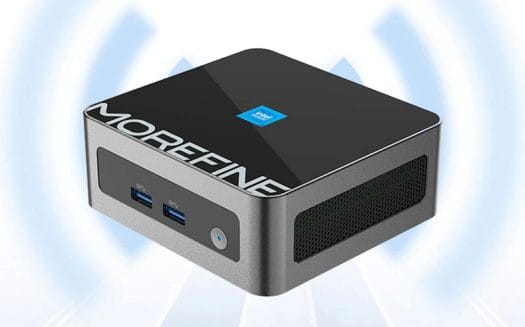Table of Contents
What are Computer Processors?
Computer processors, also known as central processing units (CPUs), are the primary components of any computing device. They are responsible for executing instructions and calculations necessary to run software programs and perform tasks.
How Do Computer Processors Work?
Computer processors work by fetching instructions from memory, decoding them, and executing them. The processor communicates with other components such as memory, input/output devices, and secondary storage to perform these tasks.
The processor consists of several components, including the arithmetic logic unit (ALU), control unit (CU), and registers. The ALU performs mathematical and logical operations, while the CU manages the flow of data and instructions. Registers are small amounts of memory used to store data that the processor needs to access quickly.
Types of Computer Processors
There are two main types of computer processors: the central processing unit (CPU) and the graphics processing unit (GPU).
The CPU is responsible for executing most software programs and performing general-purpose calculations. CPUs come in various configurations, including single-core, dual-core, quad-core, and octa-core.
GPUs, on the other hand, are specialized processors designed to handle graphics-related tasks. They are commonly used in gaming computers, video editing workstations, and other high-performance computing applications.
There are also other specialized processors, such as digital signal processors (DSPs) and field-programmable gate arrays (FPGAs), which are designed for specific tasks such as audio and video processing or custom logic circuits.
Advancements in Computer Processor Technology
Computer processor technology has seen significant advancements over the years, resulting in faster, more efficient, and more powerful processors. These advancements include:
1. Increasing clock speeds
Clock speed refers to the number of cycles per second that the processor can execute. Faster clock speeds result in faster processing.
2. Adding more cores
Multi-core processors allow the CPU to perform multiple tasks simultaneously, increasing overall performance.
3. Improving instruction sets
Instruction sets are the commands that the CPU can execute. Improvements in instruction sets can result in faster and more efficient processing.
4. Implementing hyper-threading
Hyper-threading is a technology that allows a single processor core to handle multiple threads, improving overall performance.
5. Shrinking the transistor size
Shrinking the size of transistors allows more of them to be packed onto a processor, resulting in more processing power.
In conclusion, computer processors are the heart of any computing device, responsible for executing instructions and calculations necessary to run software programs and perform tasks. With the continued advancements in processor technology, we can expect even faster and more efficient processors in the future.





